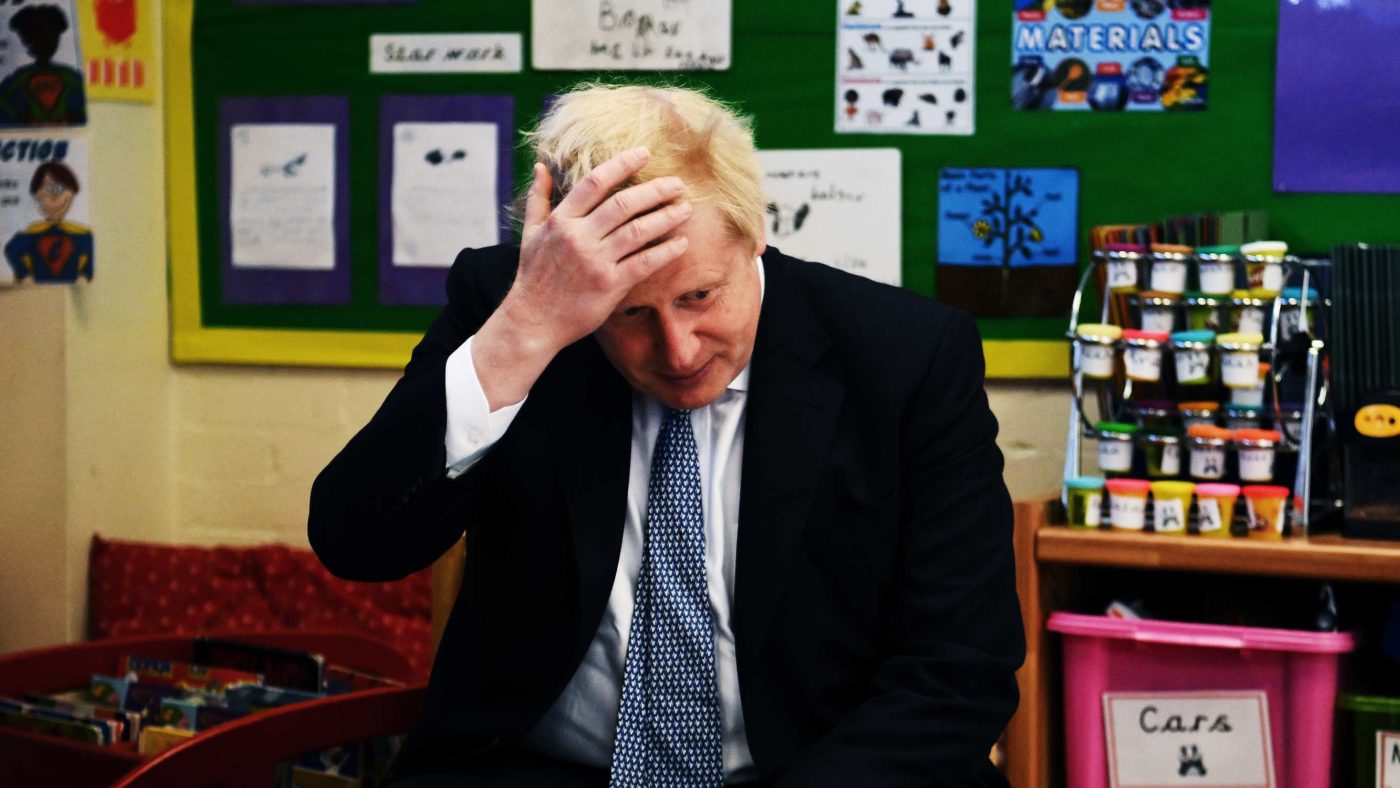What should Conservatives make of these local election results? A catastrophe? A ‘bruising’ defeat? A wake-up call? Or perhaps a mixture of all three.
That these results weren’t written up as a disaster is mostly down to canny expectation management and the fact they weren’t defending that many councils. Even the most gifted spinners would struggle to present the loss of 500 council seats as a vote of confidence, and Labour’s slight improvement in the Red Wall should be a big worry.
Keir Starmer shouldn’t be too cock-a-hoop though – and not just because of the ‘Beergate’ police investigation.
While they can rightly be pleased to have taken some genuinely ‘flagship’ councils like Wandsworth and Westminster, the overall picture is not of an opposition storming the ramparts. A vote share of about 35%, though certainly favourable, is still a long way off the 40% Labour achieved in 2017, when Jeremy Corbyn was 60-odd seats short of an overall majority. That’s not the only game in town though: although Labour would need a historic swing to win outright, denying the Conservatives one is much more easily achieved.
With the usual caveats about London being over-covered in the national press, the Tories’ pitiful performance in the capital is objectively one of the week’s biggest stories – one that matters in both practice and principle. In principle, because the party of government ought not to abandon by far our biggest city with such apparent insouciance. In practice, because the lower the party’s support in the city, the narrower the path to future election wins.
This isn’t a case of some explosive electoral moment, but a drip-drip erosion. Back in 2006, the Tories held 15 London councils, by 2014 it was nine and now they’re down to a decidedly paltry four. Those of us over the age of about 9 are also old enough to remember when the capital had a two-term Tory mayor.
The idea, advanced by one Tory source, that performing badly in London somehow enhances the Tory brand with working class voters is the most epic of straw-clutching. It’s also simply wrong to suggest the city is an oasis of metropolitan liberalism. The city is more deprived, more socially conservative and less hostile to Brexit than a lot of ‘the discourse’ would have you believe.
Nor is there a dearth of commentary about politics in the north or Midlands – ‘what does the Red Wall think?’ has now reached the status of abject cliche. If any areas are under-discussed and misunderstood, it’s Wales, Scotland and, especially, Northern Ireland.
It’s in the latter that one of the most significant results of the elections may yet be to come. Sinn Fein look likely to emerge as the largest party in Stormont and therefore take the post of First Minister. Unionists may well be aghast at that, but as Ian Acheson wrote on CapX recently, they only have themselves to blame.
That said, it’s worth keeping in mind that the overall Unionist vote, split across several parties, remained solid, and the idea these results presage a referendum on a united Ireland is deeply premature.
Of more immediate concern is the open sore that is the Northern Ireland Protocol. That’s just one of the teetering pile of intractable tasks in Boris Johnson’s in-tray. He probably didn’t need a reminder of how sticky a political wicket he’s one – but if he did, these elections have surely delivered one.
Click here to subscribe to our daily briefing – the best pieces from CapX and across the web.
CapX depends on the generosity of its readers. If you value what we do, please consider making a donation.


